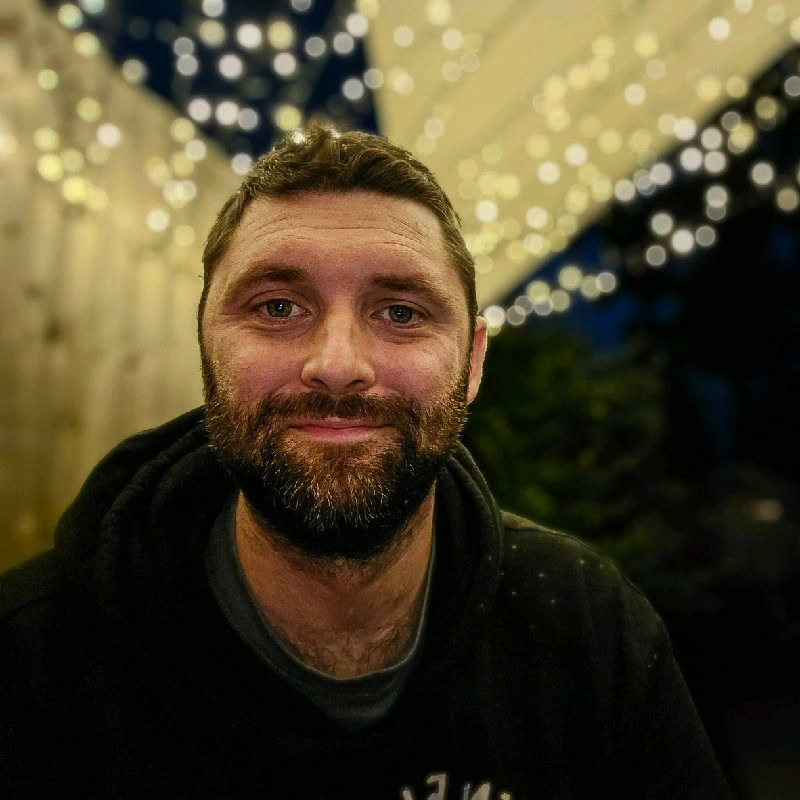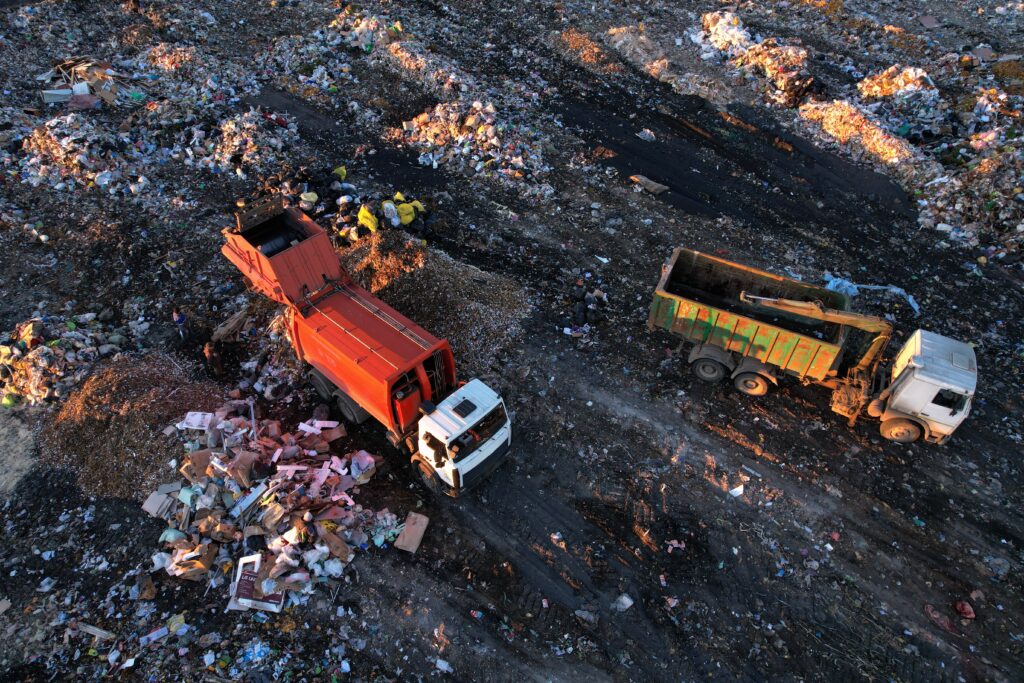The SEAP programme is a four-year project aimed at mitigating the impacts of plastic pollution on marine ecosystems in South East Asia. The project spans researchers and policy groups from across the UK, Singapore, Indonesia, the Philippines and Vietnam.
According to the University of Portsmouth, one of the goals of the projects has been to understand the effects of pollution on marine ecosystems such as mangroves, coral reefs and beaches.
‘Threat’
Professor Simon Cragg of Portsmouth University said: “Plastic pollution is a growing threat to marine environments worldwide. Thanks to our international partners, this innovative project has provided us with a comprehensive picture of the impact plastics have on marine ecosystems in South East Asia. We now need to work together to find sustainable solutions.”
He added: “By leveraging Portsmouth’s expertise in the Revolution Plastics Institute, the Centre for Blue Governance, and the Centre for Enzyme Innovation, we aim to propose effective solutions to reduce the impact of plastics on marine environments.”
Conference
The event will host discussions from representatives of all participating countries as well as a series of workshops led by delegates from the University of Portsmouth.
One topic that will be brought up at the conference will be the examination of how plastics degrade in marine environments using the techniques of focused ion beam SEM. Focused ion beam SEM technology has been predominately used to study the degradation of rocks and minerals, but the meeting will examine whether it can be used to study how marine bacteria enzymes break down microplastics.
The South East Asia Plastics (SEAP) project is one of four international research collaborations funded by the UK’s Natural Environment Research Council (NERC). It has also received funding from the UK Government’s Department for business, energy and industrial strategy (BEIS) and the Singapore National Research Foundation.









Subscribe for free